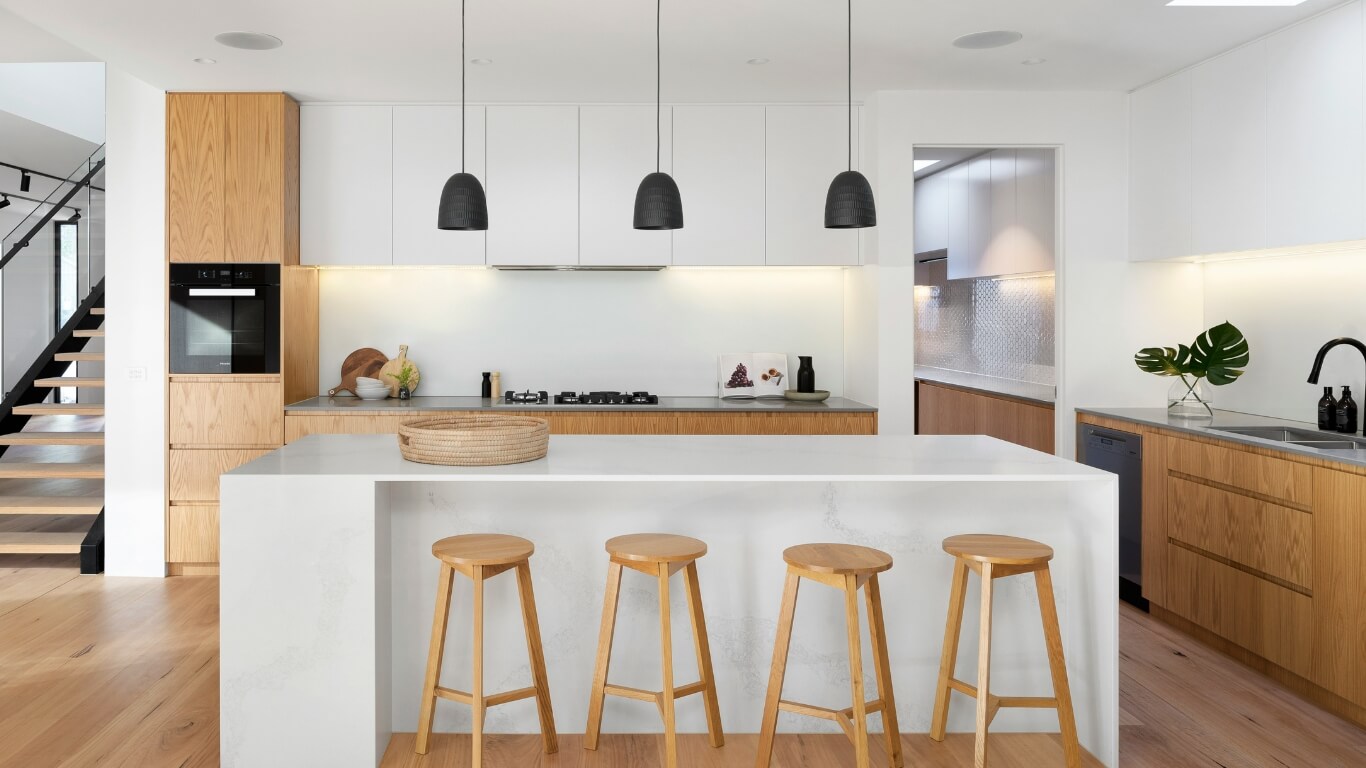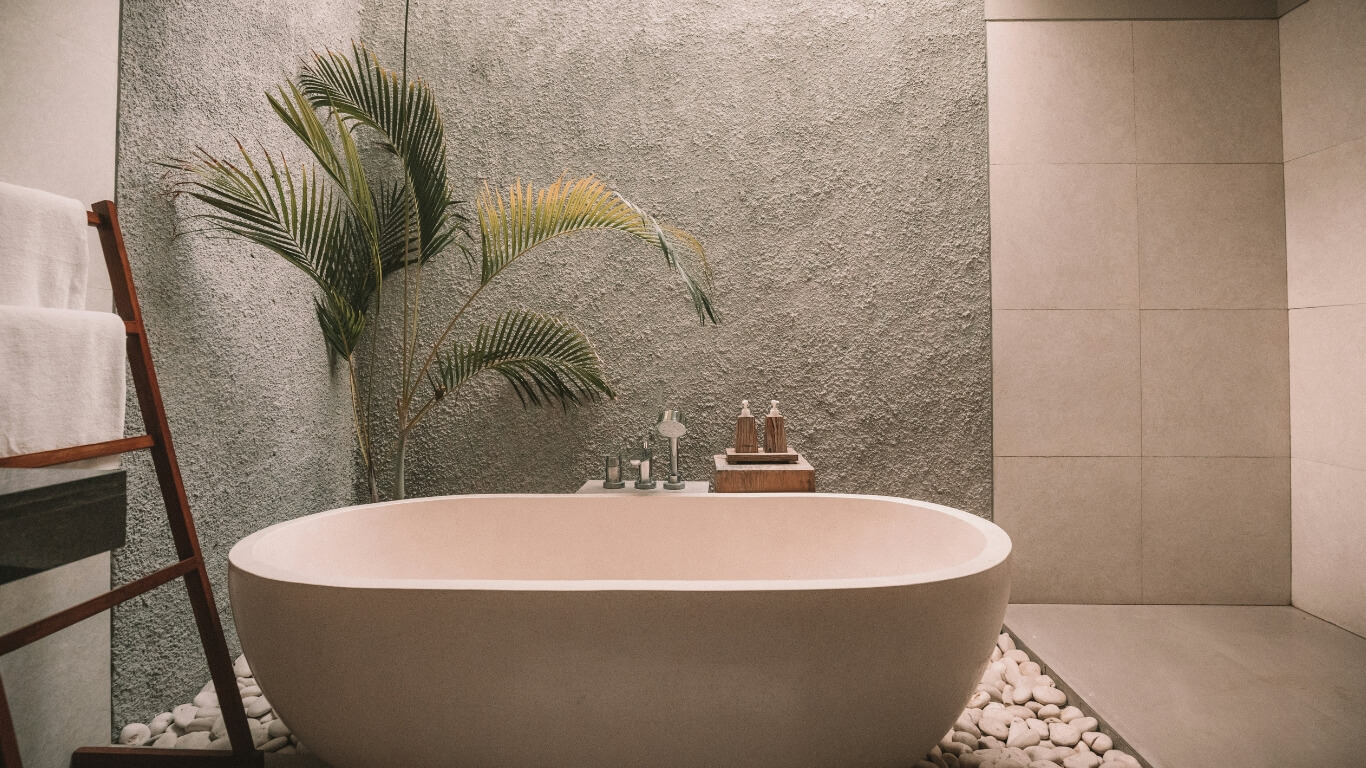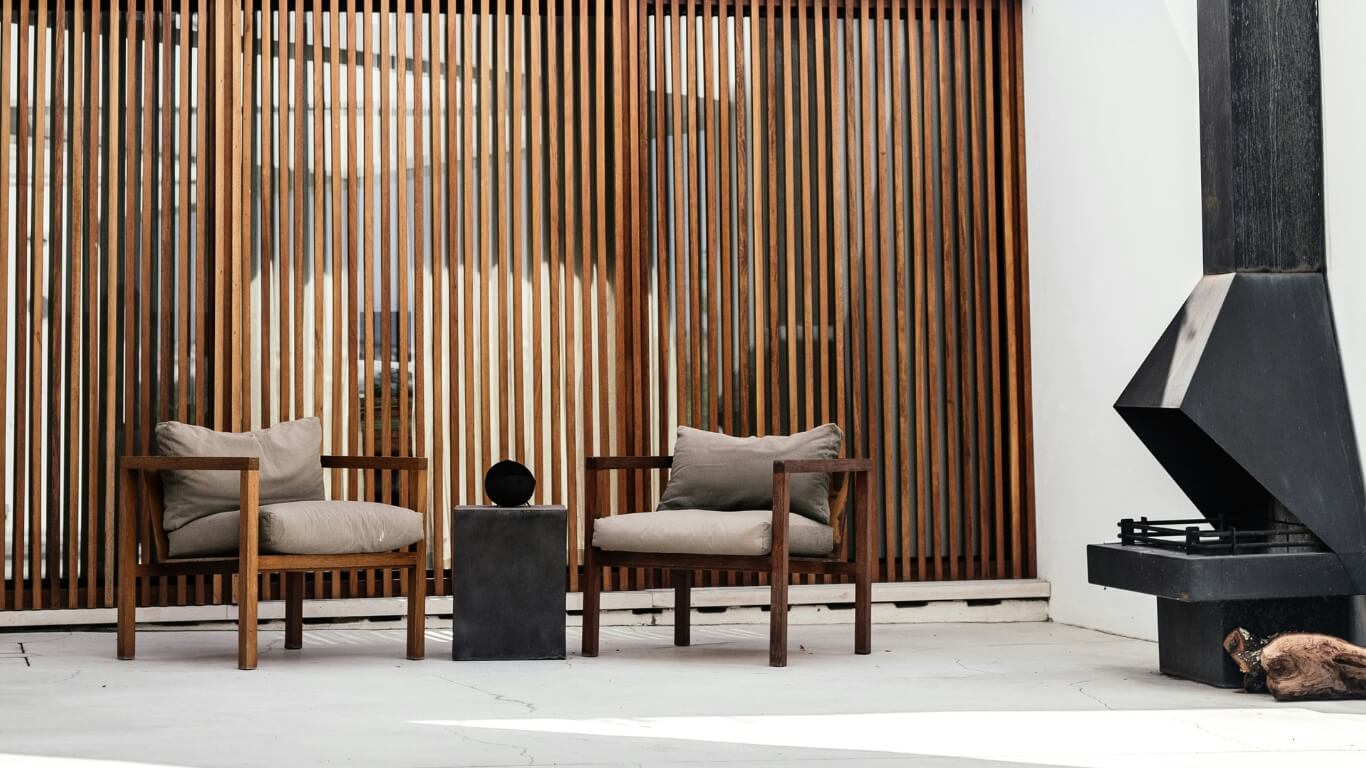why innovation leaders focus on sustainability
In a world where sustainability and environmental awareness are increasingly important, we are witnessing a remarkable return to natural materials, especially in the luxury segment. These materials, unparalleled in their purity and beauty, offer not only aesthetic and qualitative benefits but also contribute to sustainable development.

The charm of natural materials
Natural materials like wood, stone, and linen have been synonymous with elegance and durability for centuries. In modern architecture and interior design, they are experiencing a renaissance. “Using natural materials not only brings a timeless aesthetic but also promotes the well-being of residents,” says renowned interior designer Kelly Hoppen (Sunshine Slate). Stone, a symbol of permanence and luxury, imparts a timeless elegance to spaces. Natural stones such as marble, granite, or limestone not only bring natural beauty to any design but are also extremely durable and easy to maintain. Ecologically, natural stone has the advantage of being abundant and recyclable. It requires little energy for processing and has a long lifespan, making it a sustainable choice.
Bamboo is one of the fastest-growing materials in the world and is increasingly used in construction and design. Thanks to its high strength and flexibility, bamboo is excellent for flooring, furniture, and cladding. Aesthetically, bamboo brings a warm, natural atmosphere to any room. “The use of bamboo in luxury properties shows that sustainability and elegance can go hand in hand,” emphasizes architect Jane Burnside (Real Homes). Due to its rapid regeneration and low environmental impact, bamboo is one of the most eco-friendly options in construction.
Recycled wood offers a unique combination of history and sustainability. Old wood, sourced from demolished buildings or discarded furniture, can be processed into new, high-quality products. This practice not only reduces the demand for new wood but also preserves the character and patina of the old material. “Recycled wood tells stories and adds depth and character to a room,” says designer Rebecca West (Sunshine Slate). By reusing wood, resource consumption is minimized, and a contribution is made to waste reduction.

Ecological benefits
The sustainability of these materials is a major reason for their popularity in the luxury segment. Stone, bamboo, and recycled wood all have a low ecological footprint and help reduce energy consumption and CO2 emissions. According to a 2021 report by the World Green Building Council, buildings that use natural materials can consume up to 40% less energy (ASPE). Furthermore, these materials contribute to improved indoor air quality by not emitting harmful chemicals.
Economical benefits
Apart from the ecological benefits, natural materials also offer economic advantages. Properties equipped with high-quality natural materials often have a higher market value. Buyers in the luxury segment appreciate the exclusivity and the history associated with these materials.
The added value of sustainable renovations
Integrating sustainability into luxury property renovation projects can offer significant benefits. First, the use of sustainable materials leads to a reduction in operating costs. More efficient insulation and energy-saving systems can significantly lower heating and cooling expenses. Second, sustainable renovations increase the resale value of the property. Buyers are increasingly looking for eco-friendly and energy-efficient homes, which boosts the market value of such properties. A 2021 report by the National Association of Realtors shows that homes with sustainable features cost an average of 9% more than comparable conventional homes (ASPE) (Architect).
Moreover, sustainable renovations offer substantial prestige benefits. In an industry where innovation and exclusivity are highly valued, sustainable practices can significantly enhance the reputation of a property. Real estate developers and owners who commit to sustainability position themselves as pioneers and innovators in the industry. This increases the attractiveness of their projects and services and appeals to an increasingly environmentally conscious clientele. The use of sustainable materials and technologies can also be seen as a sign of forward-thinking, further enhancing the prestige and reputation of the owner.



